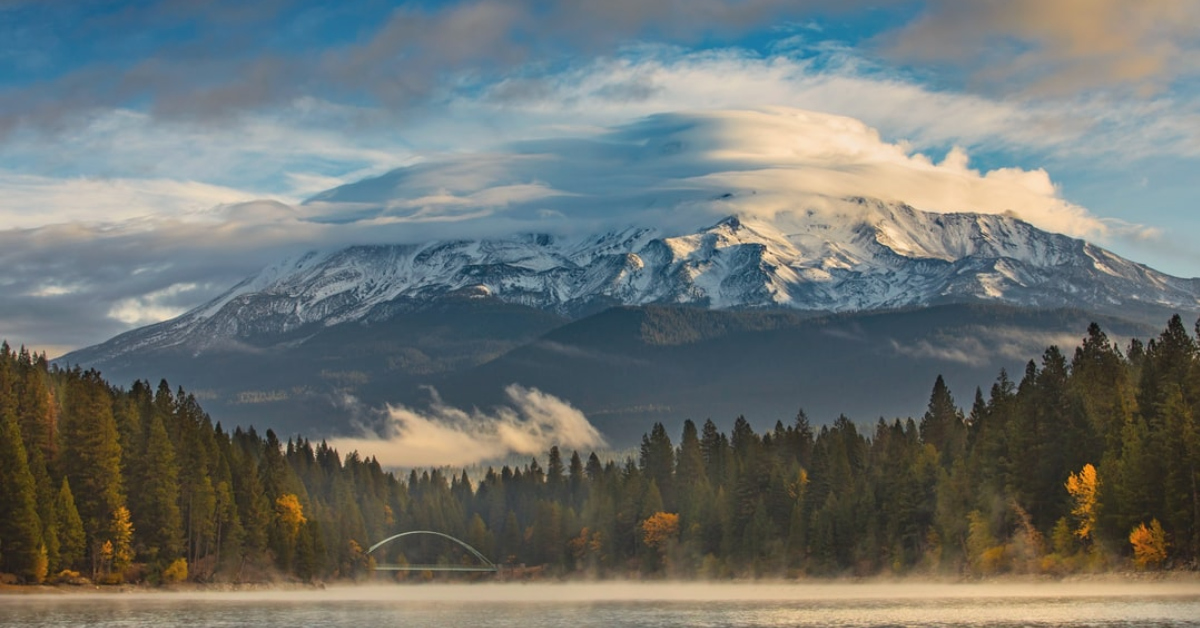
From the State Water Board…
The City of Mount Shasta has agreed to pay $1.3 million to settle an Administrative Civil Liability complaint for multiple sanitary sewer overflows from its collection system and for violating effluent limitations at its wastewater treatment plant.
The overflows, which occurred between October 2014 and April 2017, primarily were caused by a buildup of debris and root intrusion from aging infrastructure that could not accommodate heavy flows during intense rainfall. In 2017, the heavy rains also caused substantial channel bank erosion at a pipe crossing that resulted in failure of the pipe and a sewage spill into Cold Creek, tributary to Lake Siskiyou.
“It is critical that cities like Mt. Shasta operate and maintain their sewage collection systems consistent with their permit terms,” said Clint Snyder, Assistant Executive Officer for the Central Valley Regional Water Quality Control Board. “Failing to do so threatens public health and aquatic organisms when untreated sewage enters receiving waters.”
Under the terms of the settlement, the city will allocate $1.1 million of the penalty to upgrading the collection system in the downtown area to reduce the likelihood of future overflows.
Raw sewage contains pathogens, nitrogen, ammonia, and organic matter. When spilled into a creek, elevated levels of these constituents create a human health risk and reduce dissolved oxygen levels in the water, which negatively impacts aquatic life.
The city violated effluent limitations in their National Pollutant Discharge Elimination System (NPDES) permit by going over the allowed amount of biochemical oxygen demand, total suspended solids, copper, and zinc from February 2017 through May 2020. Under the settlement, the city will direct $108,000 toward completing assessments and studies that will inform upgrades to the existing wastewater treatment plant and prevent effluent violations.
Additionally, the city will pay $166,988 to the state’s Water Pollution Cleanup and Abatement Account.
The Central Valley Water Board is a state agency responsible for protecting water quality and ensuring beneficial uses, such as aquatic habitat and human health, for 11,350 miles of streams, 579,110 acres of lakes, and the largest contiguous groundwater basin in California. It is the largest of nine regional boards in California, encompassing 60,000 square miles, or about 40 percent of the state. Thirty-eight of 58 counties are either completely or partially within the board’s boundaries, formed by the crests of the Sierra Nevada on the east, the Coast Ranges and Klamath Mountains on the west, the Oregon border on the north, and the Tehachapi Mountains on the south.